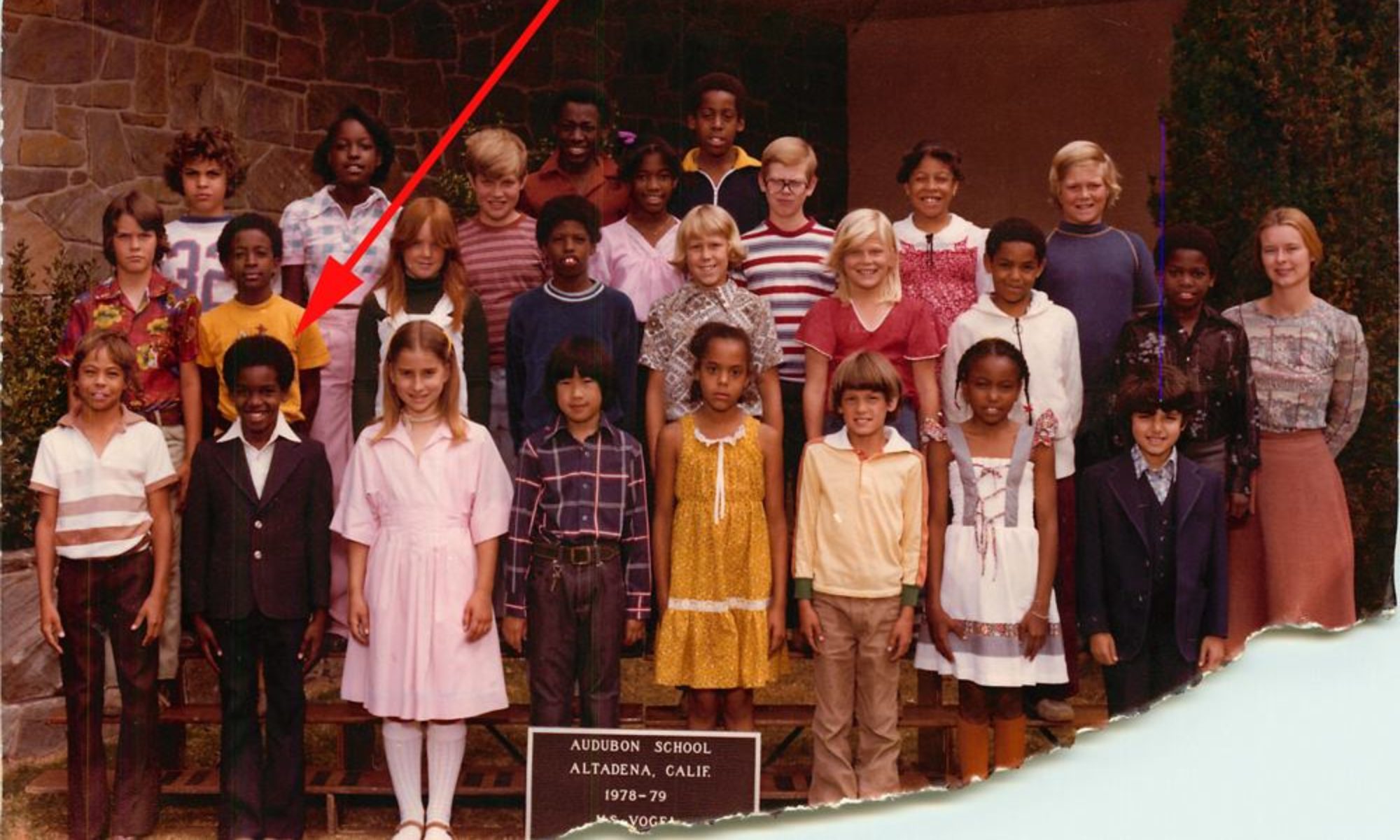Should white people be able to say the N-word?
On the last episode of the show, Ron, JD, and Yolanda explored the use of the n-word in film and art. This week the crew revisits the topic by specifically addressing the issue of whether white people should ever be able to say that word (outside of an acting role). You’ll also hear from half a dozen other filmmakers sharing their thoughts on the topic.Email your thoughts to podcast@dungeonsndurags.com. Or leave us a 5-star review and we may read your message on the show. Visit dungeons-n-durags.com/podcast and send us a voicemail message. What do you think about the use of that word by non-black people? Email your thoughts to podcast@dungeonsndurags.com. Or send us a voicemail below.
Subscribe: Apple | Spotify | iHeart | Google | Stitcher | Audible | Feed
Follow the hosts on social
- Ron on Twitter – twitter.com/RonDawson
- Ron on IG – instagram.com/BlerdRonner
- JD on Twitter – twitter.com/thatJDCochran
- Yolanda on Twitter – twitter.com/rat_in_a_wheel
Copyrights & Credits
Music for the show was licensed from Artlist and curated from FreeMusicArchive.org. Creative commons songs included in this episode (in order of appearance):
- “Direct to Video” by Chris Zabriskie (CC BY)
- “John Stockton Slow Dog” by Chris Zabriskie (CC BY)
Clips used in this episode:
- MTV’s Real Word © 1993 Paramount Studios
- “Atlanta” © FX
- “The Boondocks” © Cartoon Network
- Crossing the 180 “The Hard R Filmmakers”
- Crossing the 180 “Pray Away Filmmakers”
Statement of Fair Use
As an audio documentary series, we use movie, video, and music clips in this series under Fair Use. Unlike many who claim fair use as a blanket excuse to post someone else’s content, we take artists’ work very seriously. As such, we actually follow the law, transforming the work and/or minimizing use of clips for purposes of explanation, critique, education, or satire. Copyrighted music used to enhance the episode is purchased, or licensed under creative commons. Any inclusion of popular or copyrighted music not so licensed, is used sparingly under the guidelines of good fair use practices. For more information, we highly recommend “The Documentary Filmmaker’s Best Practices of Fair Use.”

